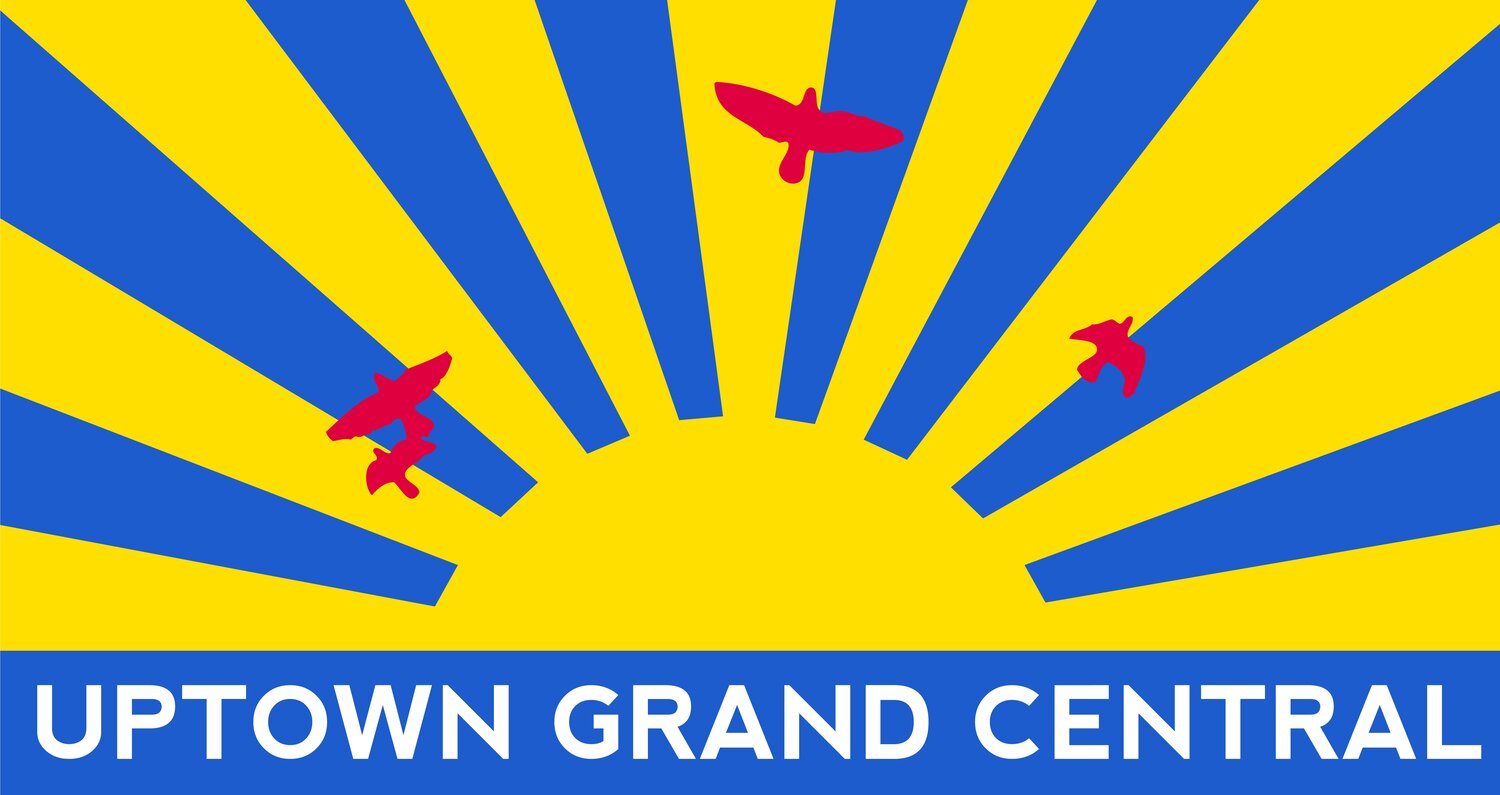One less shopping option in a neighborhood known as a "food desert"
THE WALL STREET JOURNAL
By Melanie Grayce West
At the 1997 groundbreaking for East Harlem’s Pathmark, well-wishers in attendance included the governor, the mayor and the neighborhood’s U.S. congressman, as well as a sea of businessmen, philanthropists and Latino and African-American community leaders.
With less fanfare, the supermarket is now scheduled to close by Saturday, leaving behind a storefront the width of an entire city block and more than 200 out-of-work employees. There is little left on the store’s shelves: birdseed, charcoal briquettes and a few dented cans of coconut water.
Researchers at Hunter College’s New York City Food Policy Center estimate that the store served 30,000 customers a week, who will have to find another grocery store in a neighborhood often characterized as a “food desert.”
One of them, Millie Whyte, lamented the closure last week, saying she relied on the supermarket to help feed her family of five.
“When I come to Pathmark, I would shop for the month,” the 52-year-old said.
With the store’s final days near, questions and acrimony remain. Is the Pathmark closing because the site was sold to a developer or because its parent company is in bankruptcy? What will replace the supermarket? Where will residents shop now?
Financed through a combination of private and public money, the Pathmark site was majority-owned by the East Harlem Abyssinian Triangle Limited Partnership, which was backed by local charity Abyssinian Development Corp., and the Community Association of the East Harlem Triangle. The city’s Economic Development Corp. was the minority owner.
In April 2014, the partnership, led by Abyssinian Development, sold the site for nearly $39 million to Extell Development Co. The city wasn’t involved with the transaction, according to a spokesman for the Economic Development Corp.
The Rev. Dr. Calvin O. Butts, head of Harlem’s Abyssinian Baptist Church and chairman of Abyssinian Development, attributed the sale to “the complexities of real estate and development” but declined to comment further on the reason behind it.
Some proceeds from the sale of the Pathmark site are sitting in escrow, he said, and the final accounting hasn’t been completed. The Economic Development Corp. hasn’t received any proceeds from the sale, and the matter is the subject of pending litigation, the agency spokesman said. Leaders of the Community Association of the East Harlem Triangle say they also haven’t seen all of their proceeds.
Mr. Butts said he hopes another grocery store will open at the Pathmark site. An Extell spokeswoman said it was too early to discuss the company’s plans.
Both Mr. Butts and the Extell spokeswoman said the Pathmark closure wasn’t a result of the sale of the property. Pathmark stores around the region are closing amid the bankruptcy of Pathmark’s parent company, Great Atlantic & Pacific Tea Co., commonly known as A&P.
The East Harlem supermarket, which contained a pharmacy and bank, opened in 1999, serving as a beacon for further big-box development in the neighborhood.
Nicholas Freudenberg, a professor of public health at Hunter College and director of the New York City Food Policy Center, said he and students have been studying the impact of Pathmark’s closure for the past year. Mr. Freudenberg described the neighborhood, which he said has the highest rate for diet-related diseases in New York City, not as a food desert, but a “food swamp.”
“There are lots of places to buy food,” he said, “but particularly unhealthy food, fast food.”
While there are 13 other grocery stores and many bodegas in a one-mile radius of the soon-to-close store, said Mr. Freudenberg, Pathmark was valuable because it always carried fresh fruits and vegetables. New York City Council Speaker Melissa Mark-Viverito is hosting an emergency meeting on the Pathmark closure Wednesday night to address the loss of the store.
Farther west on 125th Street, a Whole Foods Market is set to open in late 2016 or 2017, but is a long walk, and potentially too expensive, for many East Harlem residents, Mr. Freudenberg said.
Carey King leads the New Harlem East Merchants Association, a trade group representing neighborhood businesses. She would regularly stop by the Pathmark on her way home from work.
“It was never like heaven to walk in there,” she said, “but you could get everything there, and it was 24-hours.”
Sonia Ayala, lived near the supermarket for 16 years and still traveled from the Bronx to shop there. Its service had never been stellar, she said, but it was better than nothing.
“It’s still a supermarket, and you still need food,” said Ms. Ayala. “Food is very important to us. Why take it away?”

